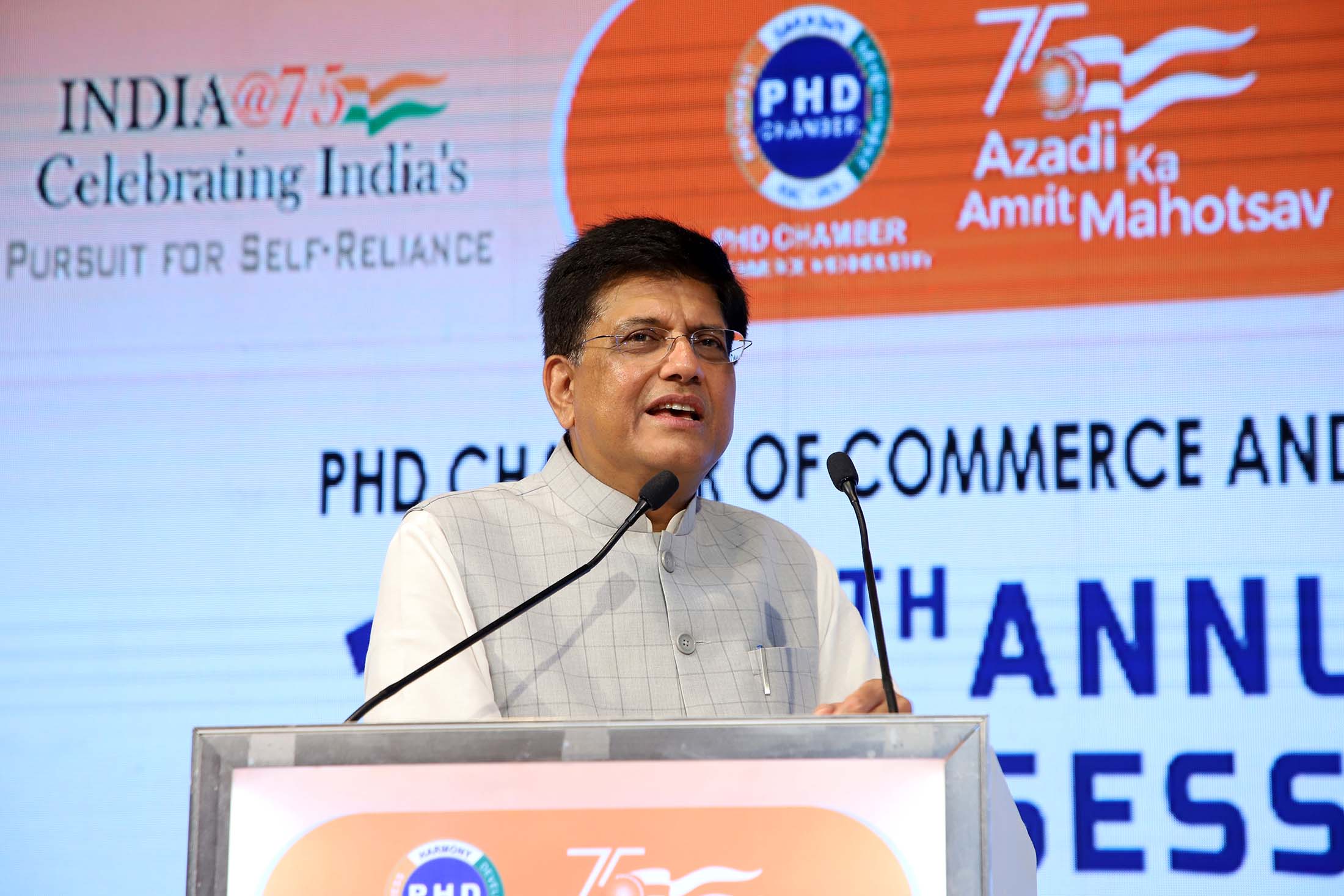
India is set to produce its first semiconductor chip within two years, according to Commerce Minister Piyush Goyal, who shared the update during an interview with CNBC. This announcement coincides with U.S. tech giants Nvidia, AMD, and Micron expanding their operations in India, signaling the country’s growing role in the global semiconductor landscape.
Goyal noted regular communication with Micron’s CEO, emphasizing the progress the company is making. In addition, India’s own Tata Group and other domestic companies are actively working to support the country’s semiconductor ambitions. Despite the excitement, experts caution that India may struggle to produce the most advanced chips without the technical expertise of global leaders like Taiwan Semiconductor Manufacturing Company (TSMC) and Samsung, who specialize in cutting-edge chip technology. However, Goyal remains optimistic, highlighting India’s talent pool and skills, which he observed firsthand during a visit to U.S. semiconductor firms in Silicon Valley.
The minister’s efforts align with Prime Minister Narendra Modi’s broader push to increase U.S. corporate investment in India. Goyal is confident that India will deliver its first semiconductor chip between 2026 and 2027.
Beyond semiconductors, Apple’s success in India further underscores the country’s expanding technology footprint. Currently, 14% of the world’s iPhones are manufactured in India, with this figure expected to grow. Apple has boosted its assembly in India over the past two years while expanding its retail presence to capture more of the domestic market. Increasingly, Indian consumers are purchasing higher-end iPhones, reflecting this growing demand. In addition to iPhones, Apple has started producing iPads, AirPods, and Apple Watches in the country, contributing significantly to job creation.
According to India’s Commerce department, Apple’s manufacturing operations have generated 150,000 jobs, making the company the largest employer in India’s electronics sector. These gains come as Apple seeks to diversify its supply chain away from China, where it has faced mounting growth challenges.
When asked about comparisons between India and China, Goyal emphasized that India’s success does not rely on China’s difficulties. He stated that India stands on its own capabilities and offers a value proposition superior to China’s.
Goyal also discussed growing interest from U.S. private equity firms, including BlackRock, Warburg Pincus, and KKR, who are exploring data center development opportunities in India. Additionally, tech companies like Google, Microsoft, and Nvidia are bringing artificial intelligence expertise to the country, a move welcomed by Modi’s administration. Nevertheless, analysts warn that India must address significant hurdles such as infrastructure issues, bureaucratic inefficiencies, and red tape, which have historically slowed corporate expansion.
Featured Image courtesy of Press Release: Press information Bureau
Follow us for more updates on India’s first semiconductor.
